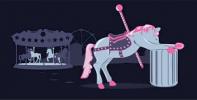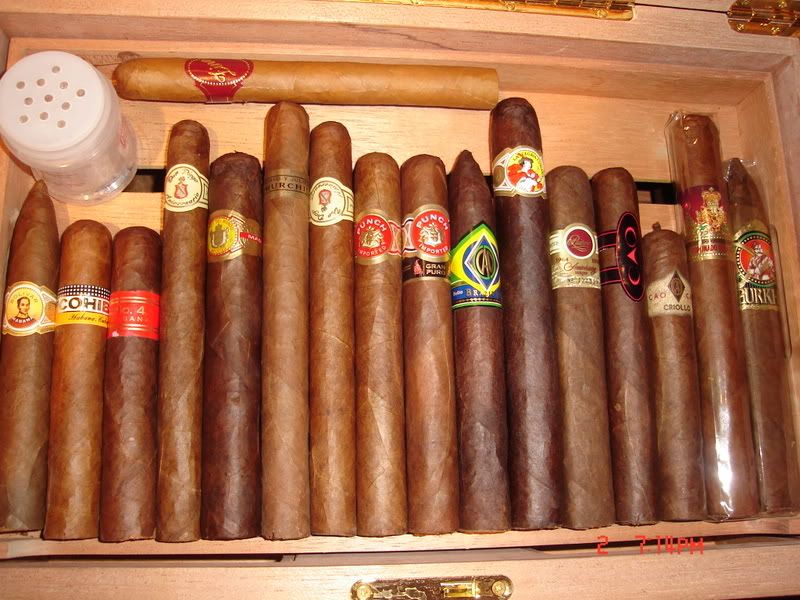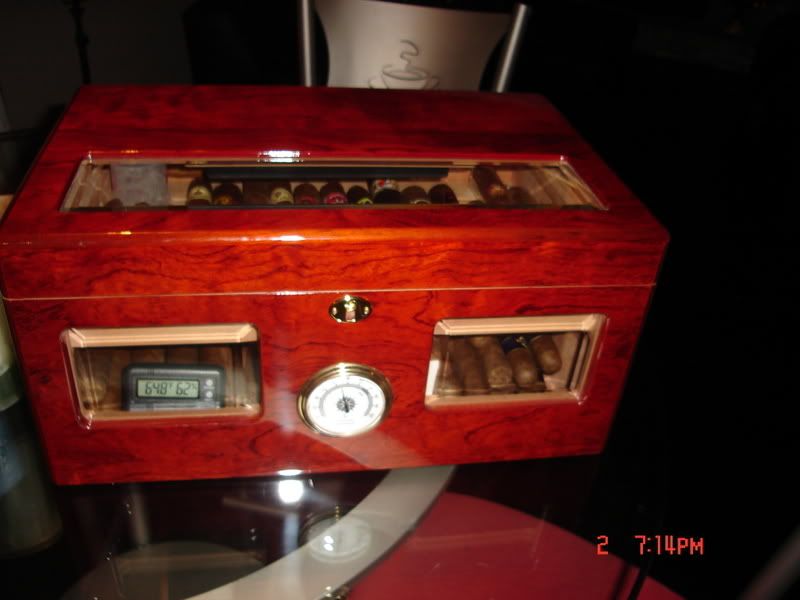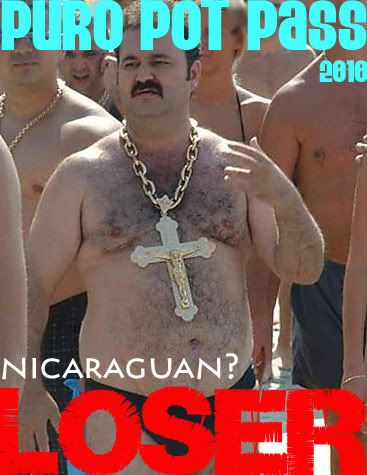You all can call me an idiot (I can take it)
Here is a thought....Rather than seasoning the humidor once a year and having to temporarily displace the cigars why cant you season certain parts of the humidor throughout the year and not ever have to take the cigars out?
Okay I'm up to being called all kinds of names,,
eddie




 Reply With Quote
Reply With Quote







 I hope my cigars meet desert rat's approval. I guess dessert rat thought I would hav a humidor of swisher sweets?
I hope my cigars meet desert rat's approval. I guess dessert rat thought I would hav a humidor of swisher sweets?




Bookmarks